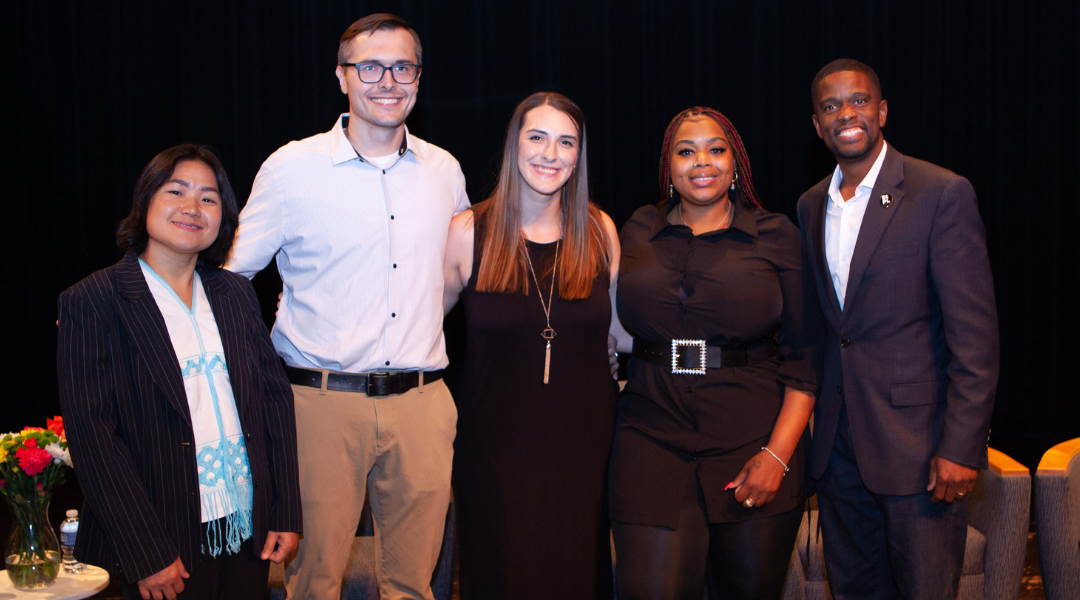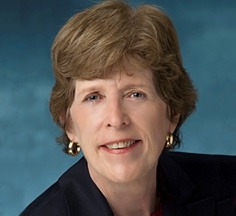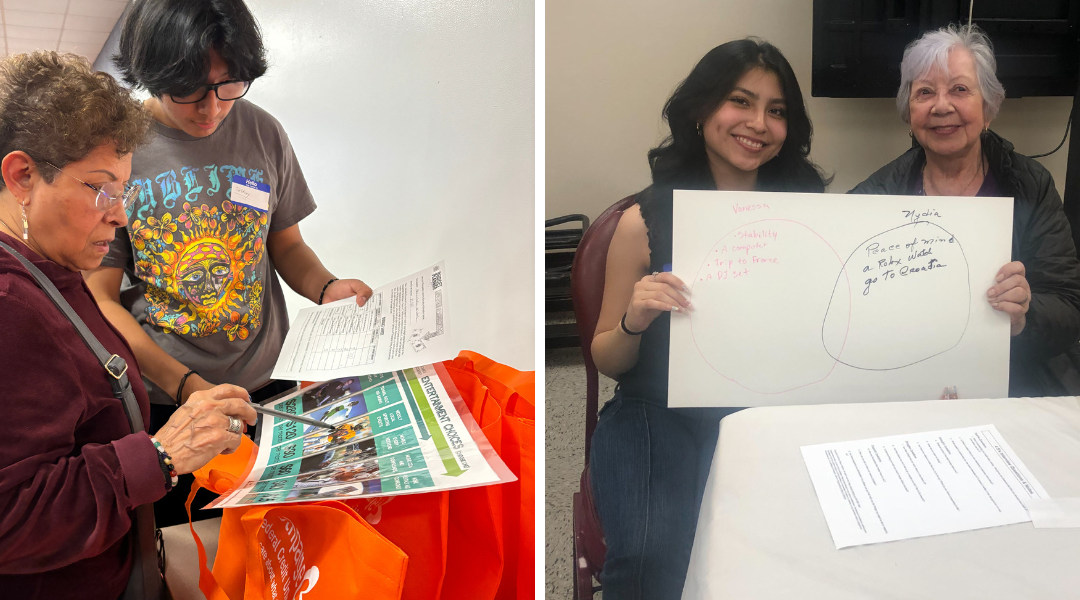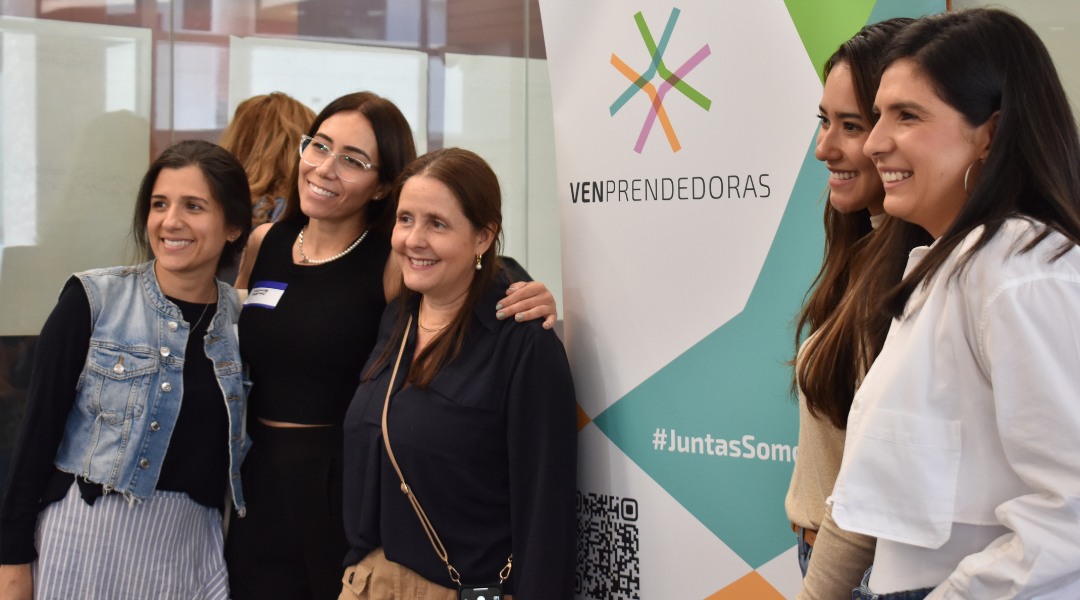Arizona Direct Care Worker Association
Purpose Prize Fellow 2011
Clinco, a registered nurse for 30 years, advocates for direct care workers who serve elderly and disabled people.
Nationwide, 3 million direct care workers look after the elderly, and people with chronic illnesses and disabilities, in nursing homes, assisted living facilities, adult care homes, group homes and private homes. As the population ages, another 1 million will be needed in the next five years. And yet the care givers themselves are hardly respected and poorly paid.
“Direct care is considered one of the 10 worst jobs in America – despite the fact that it is one of the fastest-growing job sectors in the country,” says Judy Clinco, who in 2008 started the Arizona Direct Care Worker Association, a grassroots state organization that provides a public voice to the direct care workforce.
A registered nurse for 30 years and owner of a home care company, Clinco launched a nonprofit training center for the direct care workforce in 2001. She knows well that a majority of caregivers, who are mostly women, remain “poorly trained, unfairly compensated, treated like unskilled workers and not respected.”
The workers’ association aims to change that by educating the public and policymakers about the challenges direct care workers face, including low wages, insufficient benefits and lack of career advancement. Unless those issues are addressed, the industry will have difficulty attracting enough skilled workers to meet the growing need.
The association also provides its members with educational opportunities, peer networking and leadership training. Members can also attend conferences and workshops, and enter into direct dialogue with employers and policymakers.




